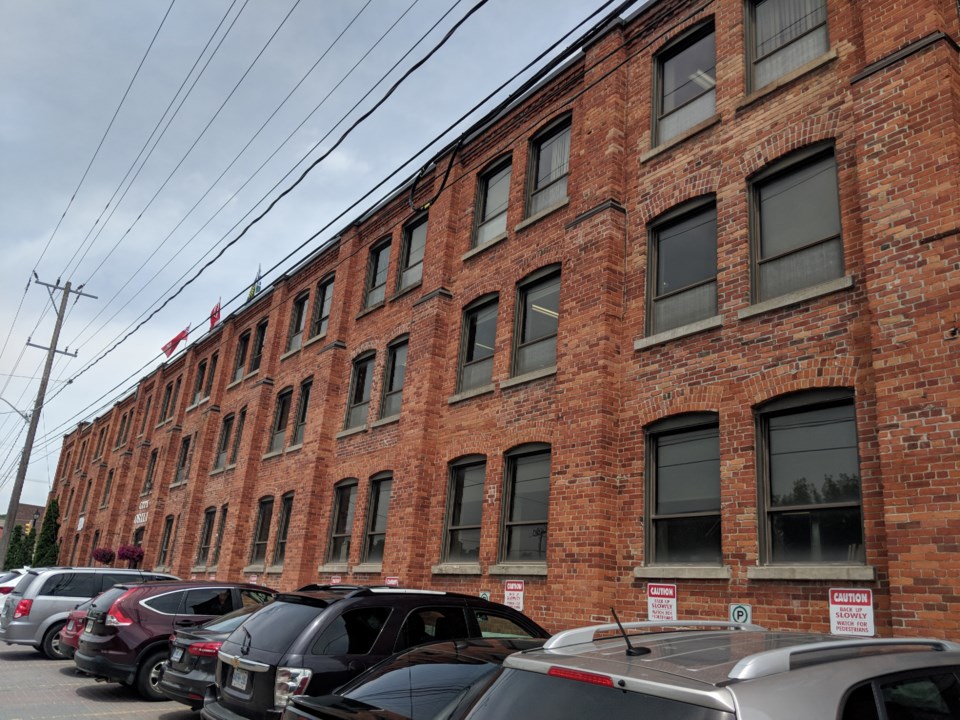Due to the impacts of Bill 23, pre-spending on infrastructure, and other factors, the City of Orillia’s development charges reserve fund currently sits at negative $22 million — though city staff say the reserve should be back in a positive position between 2030-2032.
Development charges are fees collected from developers to pay for the required infrastructure for local projects, and the city’s negative balance comes in part due to pre-spending on development-related infrastructure projects before these revenues were collected, city staff say.
Spending on roads, water/wastewater servicing, parks, and more has taken place before growth materialized, which contributed to the reserve’s negative balance.
“In some instances, there is a need to pre-build infrastructure before growth occurs. This is an industry practice leveraged by some municipalities,” said city CFO/treasurer John Henry in a statement to OrilliaMatters. “In these situations, the projects temporarily push reserves into a negative position that will be recovered through future development charges over time.”
In a staff report presented to council last week, city staff also highlighted development charge revenue has “historically been less than forecasted,” which similarly contributed to the reserve’s current position.
Henry said the forecast for development charge revenue is based on the city’s Official Plan and census growth studies, adding that developments — and their associated development charge revenue — can be delayed by a variety of factors.
“The actual timing of individual developments is subject to many factors such as the economic environment, demand, developer readiness, etc,” he said. “Two examples of major events that have played a hand in development timing are pandemic supply chain issues and the recent increases in interest rates.”
Development charge collections transferred to the reserve totaled $5.8 million in 2023 — above the five-year average of $3.5 million — but short of the $9.3 million required to sustain the forecasted development charge capital program.
Development charge exemptions and reductions laid out in Bill 23, the More Homes Built Faster Act, have also contributed to lost revenue in Orillia and around the province, with the city losing $1.88 million in revenue over the course of 2023.
Although the city had set up a Bill 23 mitigation reserve fund to offset the provincial bill’s impacts, the lost revenue exceeded the $1.5 million balance in the reserve, which similarly placed it in a negative position.
However, the city could mitigate some of these losses with the introduction of Bill 185, the Cutting Red Tape to Build More Homes Act, which was released on May 1 after its first reading at Queen’s Park.
The bill proposes changes that could allow municipalities to amend development charge bylaws without background studies and a public meeting, which are currently required.
The bill would allow amendments to remove the current mandatory phase-in schedule for development charge bylaws, to add a development charge rate for growth-related studies, and to extend the life of a development charge bylaw from five to ten years without background studies and public meetings, provided no other changes are made.
During last week’s council meeting, staff said the city could “regain” the revenues it has lost through Bill 23 should Bill 185 pass into law.
Henry also said the development charge reserve is funded internally by other city reserve funds, which will aid in its recovery — though the reserve’s overall balance depends on the timing of growth and planned projects.
“The city can facilitate the development charge balance through inter-borrowing and leveraging other healthy reserve balances,” he said. “The 2023 10-year forecast indicated the development charge reserve category could be recovered by 2030, but this is largely dependent on the timing of growth and cost of planned projects. Staff are constantly managing the program and leveraging other tools available.”
